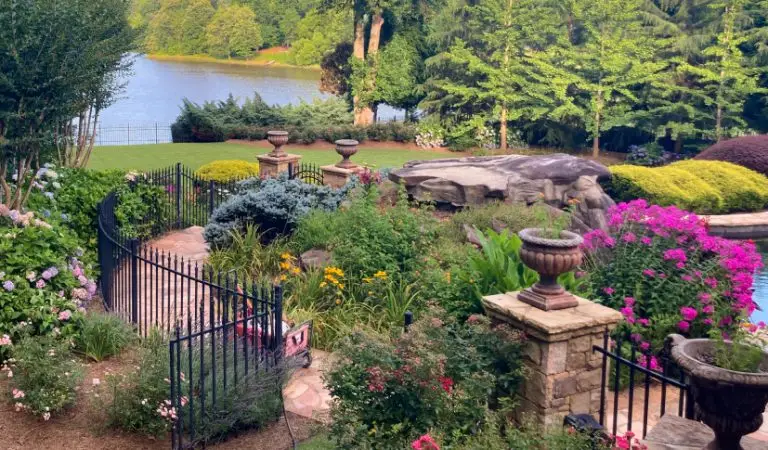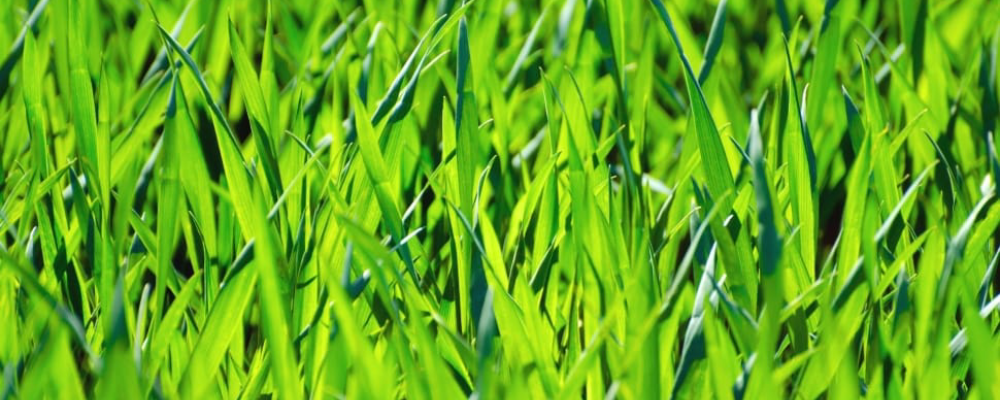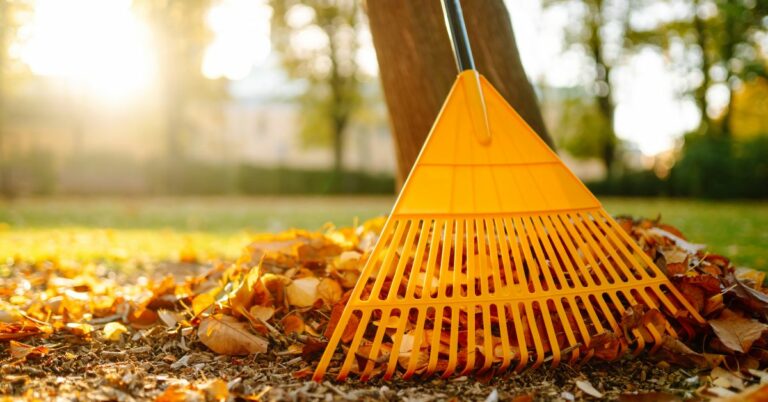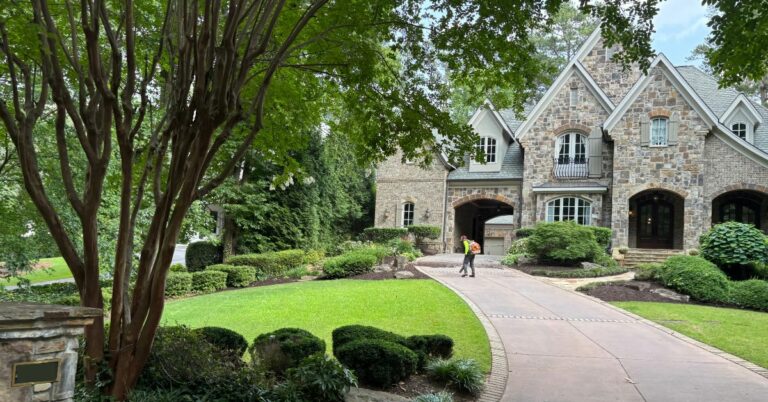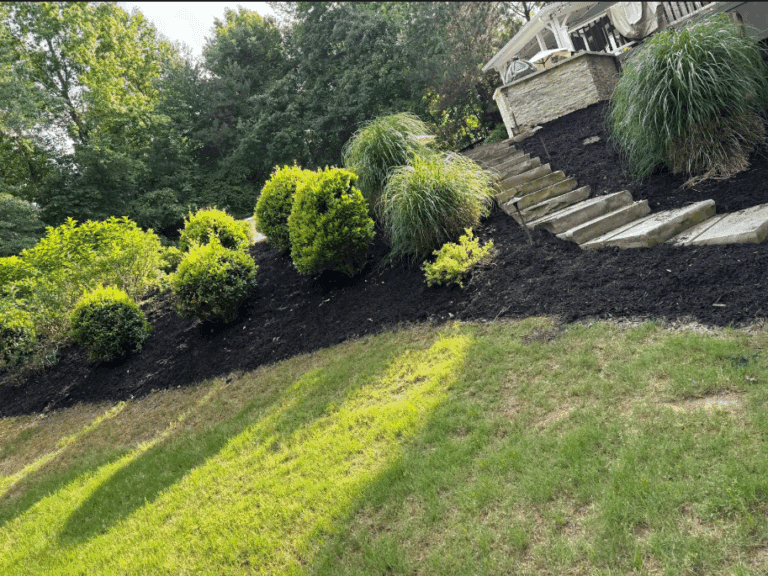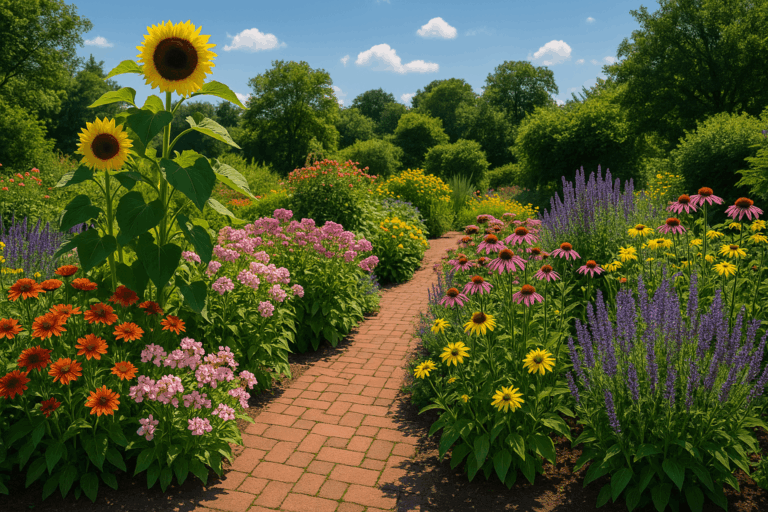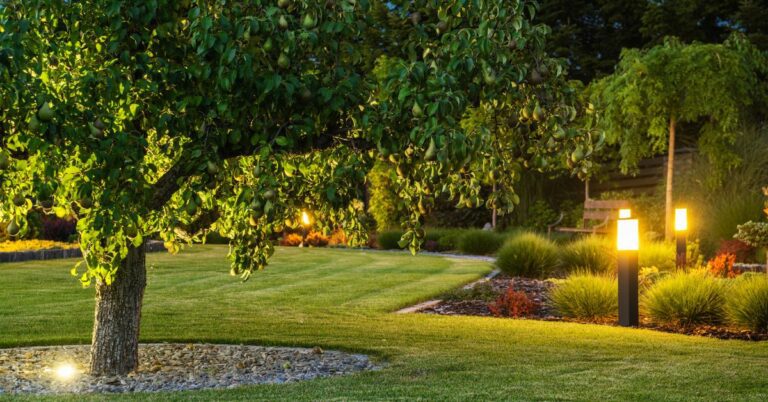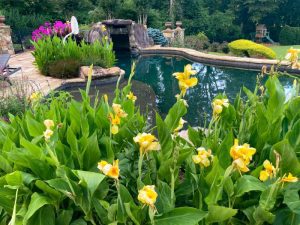If you’re an Atlanta area homeowner, you may wonder which type of grass will best thrive in our hot and humid climate. While many types of grass will grow in USDA zone 7, warm season grasses are especially well-suited to southern summers. With their ability to withstand high temperatures and thrive in sunny conditions, these grasses offer numerous benefits.
In this comprehensive guide, we will explore the key advantages, types, and maintenance tips for warm season grasses, helping you achieve a beautiful and resilient lawn.
What are Warm Season Grasses?
Warm season grasses are a group of grass species that thrive in warm climates. Originating in tropical regions of the globe, these grasses do most of their growing in the summer and go dormant in the cooler months. They have specific characteristics that make them ideal for places like Atlanta, with hot summers and mild winters. Some of these key features include:
Drought Tolerance: Warm season grasses have deep root systems, allowing them to withstand periods of drought. While they may go dormant and turn brown in arid conditions, they can conserve moisture and recover quickly from drought stress
Heat Resistance: These grasses can tolerate high temperatures and sunlight exposure without withering. In fact, warm season grasses thrive when temperatures range between 80-95 degrees. That makes them especially well-suited to the southern United States.
Rapid Growth: Warm season grasses often have a vigorous growth pattern. If you have bare spots in your yard, they offer a quick means of filling in and restoring your lawn’s attractive appearance. Similarly, installing turf comprised of warm season grasses is a great way to establish an “instant lawn” for new construction.
Wear Resistance: Another beneficial characteristic of these grasses is that most can handle heavy foot traffic. That’s one reason you will so often see them covering golf courses in southern states. They can also recover from damage more effectively than cool season grasses.
Low Maintenance: Once established, warm season grasses require less water and maintenance compared to most cool season grasses. Also, their ability to resist diseases and pests reduces the need for chemical treatments.
Popular Types of Warm Season Grasses
Bermuda Grass (Cynodon dactylon)
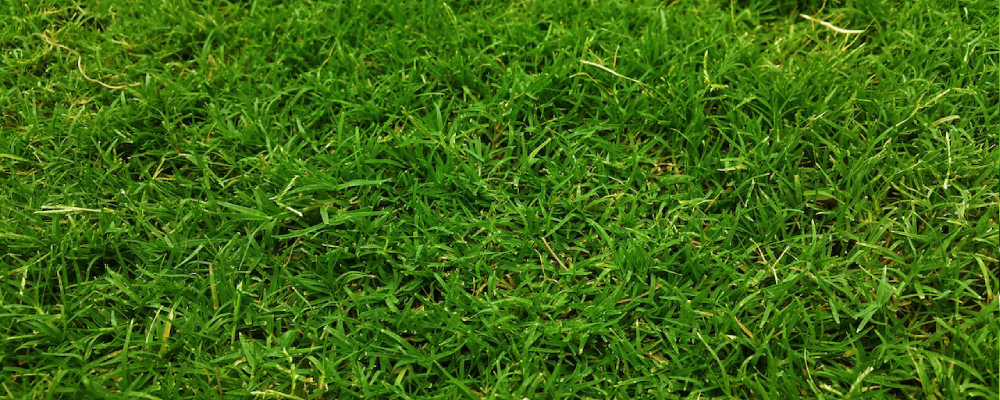
Perhaps the most popular warm season grass type, Bermudagrass adorns both residential and commercial lawns throughout the Southeast. It’s also suitable for the transition zone in the longitudinal middle of the U.S. where both cool and warm season grasses grow.
Features: Dense, fine-textured turf with excellent heat and drought tolerance.
Best For: Lawns, athletic fields, golf courses, parks and other areas with heavy foot traffic.
Maintenance Tips: Frequent mowing to a height of about 1 inch, regular fertilizer, pest and weed control applications, annual thatch removal and aeration, and regular and adequate watering.
Zoysia Grass (Zoysia matrella)
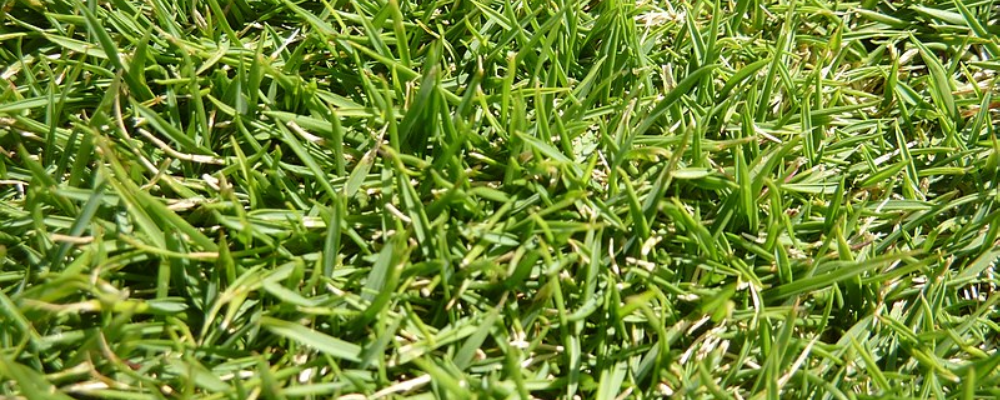
This turf grass is suitable for both southern and transition zones, and for properties that have both full-sun and part-shade growing conditions.
Features: Medium to coarse texture, great heat and drought tolerance, and good shade tolerance. It’s also known for being pest and disease resistant.
Best For: Residential lawns, golf courses, and parks.
Maintenance Tips: Moderate mowing to a height of 1 ½ to 2 inches, less frequent fertilization, and less water compared to other warm season grasses. Due to the stiffness of its leaf blades, it’s important to sharpen mower blades or use a reel mower to ensure effective mowing.
Centipede Grass (Eremochloa ophiuroides)
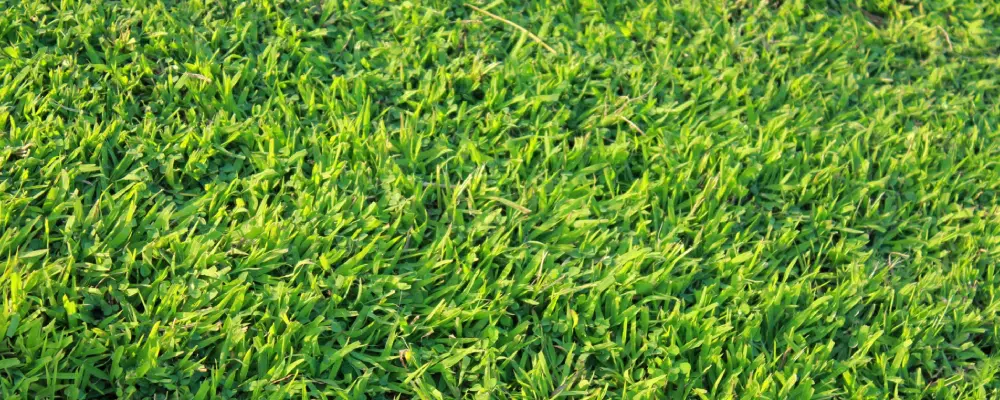
This grass type is best suited to the Southeast region, as it is less cold and drought-tolerant than other warm season grasses. Unlike Bermuda grass and Zoysia, centipede grass has a relatively shallow root system.
Features: Spreads out slowly by creeping, forming a thick, dense lawn. Excellent heat and moderate shade tolerance. Doesn’t have a true dormant season.
Best For: Residential or commercial lawns that don’t receive a lot of heavy foot traffic.
Maintenance Tips: Regular mowing and watering, and occasional fertilization. Centipede grass needs less maintenance than other warm season grasses, as it doesn’t require dethatching. However, it is sensitive to alkaline soil, so be sure to check your soil pH before planting.
Additional Maintenance Tips for Warm Season Grasses
To get the best results from a warm season grass lawn, it’s important to prepare and maintain optimal growing conditions.
Soil Preparation
- Before planting grass seed or installing sod, conduct a soil test to determine the nutrient levels and pH of your soil.
- Till the soil before adding compost or organic matter to improve soil structure and fertility.
Watering
- Once sod or grass seed is established, water deeply and infrequently to encourage deep root growth.
- Apply approximately 1 inch of water per week, including rainfall.
- Water early in the morning to minimize evaporation.
Mowing
- Set your mower at the recommended height for your specific grass type (see maintenance tips above.)
- Remove no more than one-third of the grass height during each mowing.
- Maintain a slightly taller grass height during periods of very hot weather to provide shade for the soil.
Fertilization
- Apply a balanced slow-release fertilizer according to the recommended schedule.
- Avoid excessive nitrogen applications, as it can promote thatch buildup.
Weed Control
- Apply a pre-emergent herbicide in early spring to prevent weed seeds from germinating.
- Spot-treat weeds with selective herbicides, taking care to follow the instructions.
By understanding the key features and maintenance tips outlined in this guide, you can cultivate a thriving lawn that remains lush throughout the summer months. If you’re interested in installing Bermuda grass, Zoysia grass, or centipede grass, or require help maintaining your existing lawn, contact Creech Landscape. Our lawn maintenance experts will help you transform your outdoor space so that you can enjoy the beauty and resilience that warm season grasses provide.

